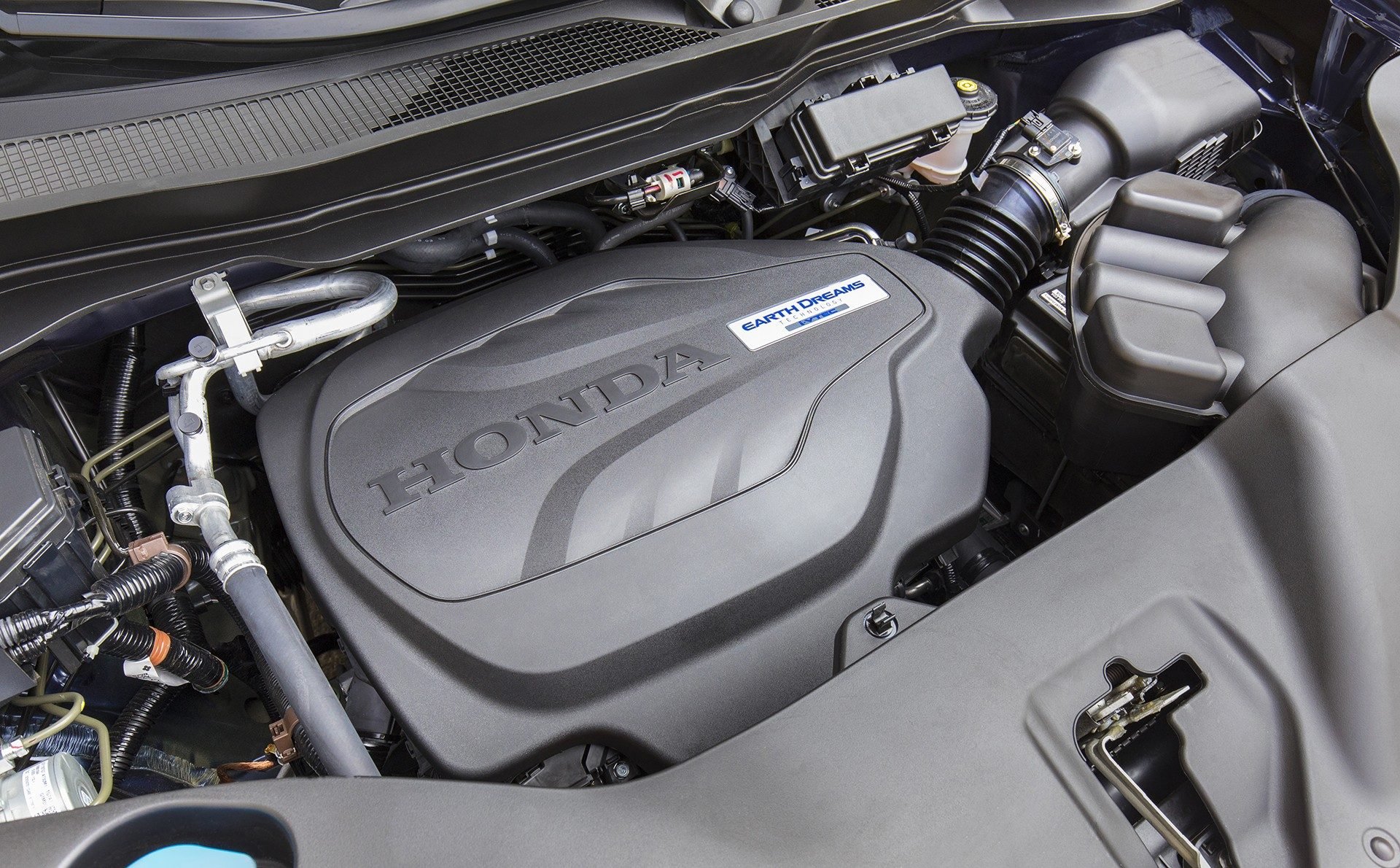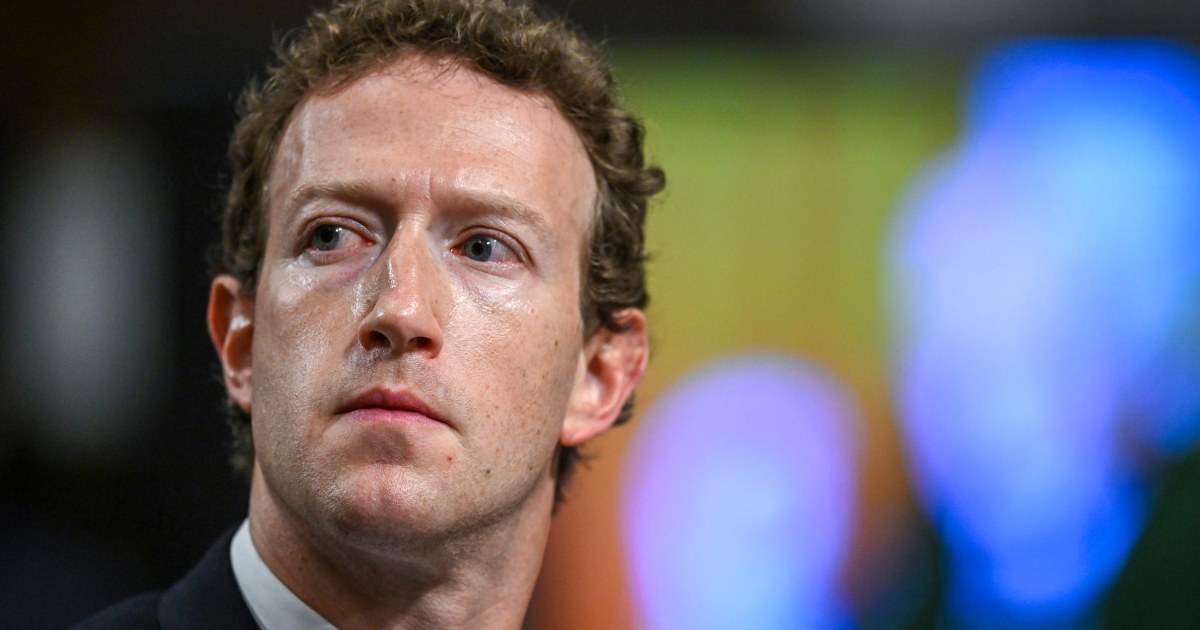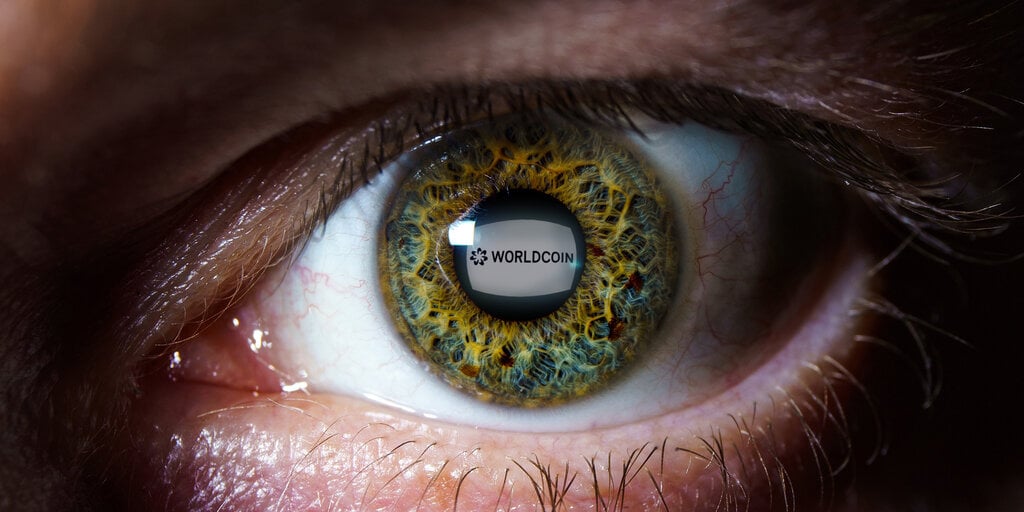AI Generated Newscast About IT Jobs: Will Bots Replace Us All by 2030?

What if I told you your next IT coworker might be an AI—and by 2030, it could be running the whole show? That’s not science fiction. It’s the bold prediction leading experts are making about the future of technology jobs, and it’s about to shake up the entire industry.
Today, most IT departments still rely on human hands for everything from solving network issues to deploying new software. But according to Gartner, a global powerhouse in tech research, that’s all about to change. Their latest forecast says AI will underpin every aspect of IT work by 2030, making “AI generated newscast about IT jobs” the phrase on everyone’s lips. Imagine bots not just assisting, but actually doing the work—up to 25% of IT tasks, fully automated, with the other 75% performed by humans working alongside AI systems.
This future isn’t just about convenience or efficiency. It’s a total game-changer for how departments operate, opening the door to faster problem solving, bulletproof accuracy, and streamlined workflows. But here’s the twist: as AI steps up, some jobs—especially entry-level ones—are quietly slipping away. In fact, Gartner points out that entry-level IT positions are already declining as automation ramps up. The good news? While only about 1% of IT job losses today are directly tied to AI, that number is expected to rise.
So, what’s the silver lining in this AI revolution? It’s all about reskilling. Companies are being urged to invest in training programs, teaching their teams how to collaborate with AI and master new roles like machine learning engineering and data analysis. In other words, the best way to future-proof your tech career is to become an AI collaborator instead of an AI casualty. Organizations that foster continuous learning, adaptability, and even a bit of AI enthusiasm will have a huge edge.
But there’s more to this story than just jobs. The AI generated newscast about IT jobs is sparking debates far beyond the server room. There are urgent conversations brewing around ethics and privacy: who’s accountable when an AI makes a mistake? How do we protect our data in a world where machines make critical decisions? And how do we make sure AI is used responsibly, not just efficiently?
What’s clear is this: the rise of AI in IT isn’t just another tech upgrade—it’s a social and economic revolution. As the countdown to 2030 begins, the way we work, train, and even think about technology will be forever transformed. The question isn’t whether AI will change IT, but how we’ll change with it. With proactive adaptation and smart policy, the AI era could unleash a wave of innovation and opportunity the world has never seen before.
The story of the AI generated newscast about IT jobs isn’t just about robots taking over—it’s about how humans and AI can team up to build the future, together.

















